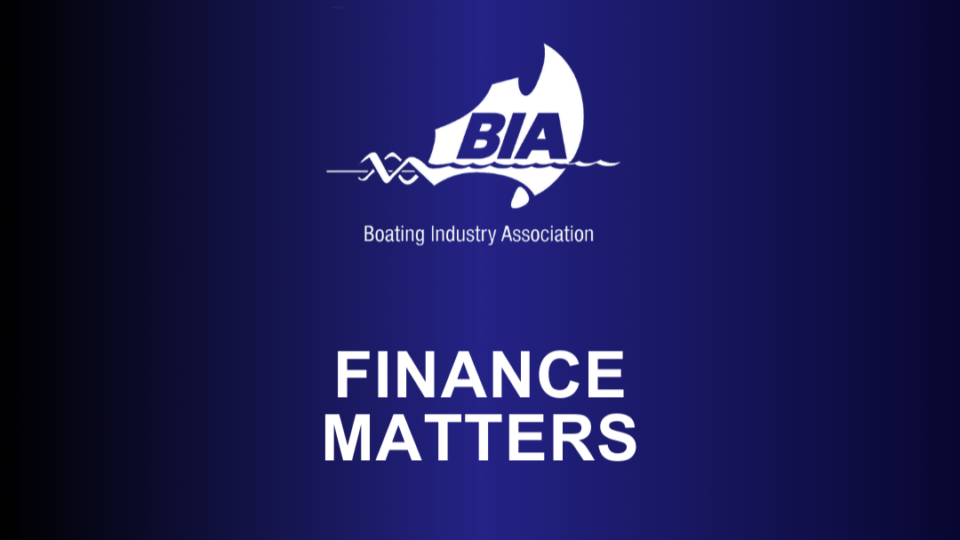
We have entered the final trading month of the 2025 Financial Year. It is each businesses’ responsibility to ensure correct financial management and general business records have been maintained and are reconciled as, ‘up to date’.
As a business owner, it is your responsibility to ensure, understand and substantiate all transactions and dealings within your business and that you have transacted business in an ethical and honest manner.
Substantiation is the key.
If an expense is subject to substantiation, it must be supported by particular forms of written evidence, A VALID Tax Invoice – if not, your claim is not deductible. In other cases, you need to provide sufficient evidence to satisfy us that you incurred the expense (ATO June 2024)
Herewith is a checklist of what should be managed at and for ‘any’ financial year end, in order to satisfy accounting requirements generally. (The items listed below and not limited to same, please consult with your own accountant or tax practitioner and please asses your own business needs and circumstances).
- Reconcile bank statements, loan statements, credits card statements, leases etc in the accounting system, and record statements at 30 June
- Substantiate all expenses with supporting Tax Invoices or agreements
- Reconcile payroll to 30 June, and pay super prior to 30 June is cashflow allows. Certainly comply with ATO super obligations and payment deadlines
- You must pay super for eligible employees. To avoid the super guarantee charge (SGC), payments must be received by the employee’s fund on or before the quarterly super due dates. Payments must be made at least 4 times a year. This applies from the day employees start working for you. Payment due dates occur quarterly, ATO’s payment for June quarter super is 28th Jule each year.
- Identify asset purchases and allocate to Assets v’s expense. Depreciation may be applicable
- Inventory Count, count inventory, analyse holdings of same and write off obsolete stock as required.
- Review
- Insurances
- Fuel tax credits (if applicable)
- Analyse, Revenue / Cost of goods / margins and overheads. Know your costs, know what it costs to manufacture and hold inventory, what overhead rate to allocate. Know your margins!
- Analyse employee leave entitlements, contract papers, including proper payroll records
- Create comparative reports against prior years
- Prepare budgets for future year, set targets
- Create reporting mechanism for regular analysis
- Consider Business Policies and practices
- Health and Safety marinecard.org.au, please liaise with info@marinecard.org.au
- Staffing Policies and Procedures
- Operational Policies and delegations
- Talk to the BIA about, re businessnsw.com, please liaise with membership@bia.org.au
